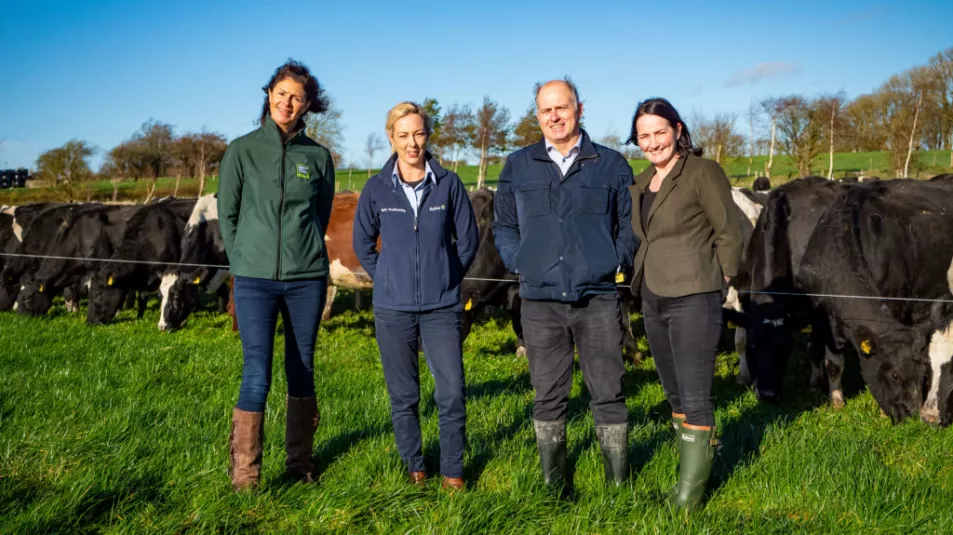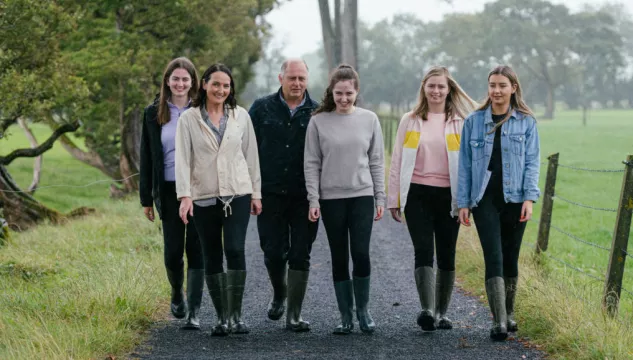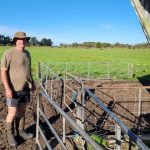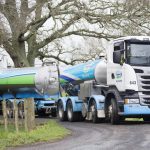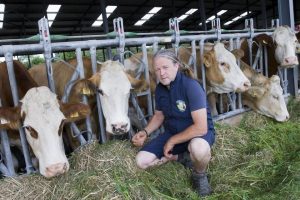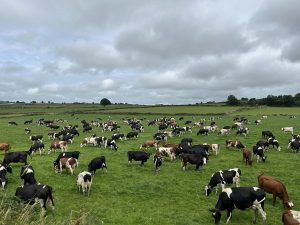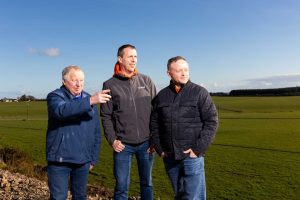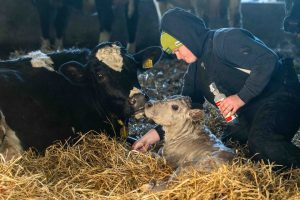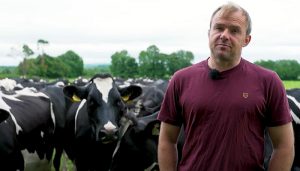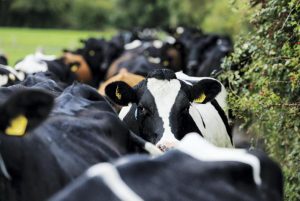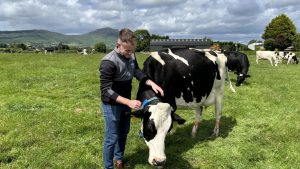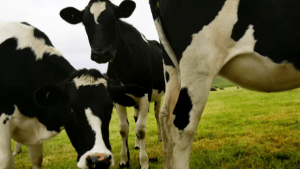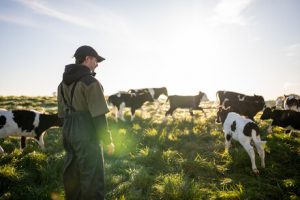
Irish dairy farmers are acutely conscious of their role as custodians of the land and of leaving it in a better place for the next generation.
Across Ireland, dairy farmers are working hard to ensure that sustainability initiatives are embedded in every step of the milk production process and that environmental efficiencies are top of the agenda. This commitment to sustainability is also recognised by Irish consumers who are supportive of the environmental efforts taking place on Ireland’s 17,500 family run dairy farms.
Recent research from the European Milk Forum (EMF) Campaign “Dairy in a Healthy and Sustainable European Food System” found that, from a survey of 1,500 Irish adults, 84 per cent support the industry and call for extra supports for dairy farmers to continue to implement sustainability initiatives.
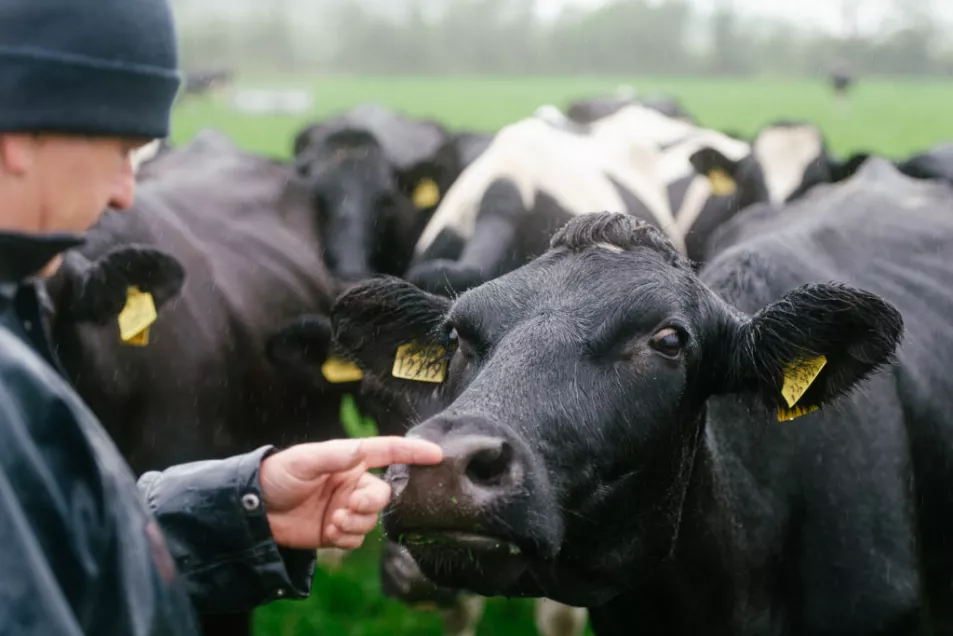
Award-winning dairy farmers
For the award-winning Connelly family in Tuam, Co Galway, combining their dual role as food producers and ensuring the sustainability of the land are front of mind considerations.
Five generations of Connellys have lived and worked on the land at the Plantation, on the outskirts of Tuam, with Austin, his wife Yvonne and their four daughters, Ava, Anna, Jane and Kate, now milking 97 Holstein Friesian cows on over 120 acres.
Originally a beef and sheep enterprise, the Connellys made the switch to dairy in 2019. Four years on, the family have achieved widespread local and national success for their quality dairy products and were the overall winners at the 2022 NDC & Ornua Quality Milk Awards.
Sustainability in focus
Ireland’s Climate Action Plan has set out a target of a 25 per cent reduction in emissions for the agriculture sector by the end of this decade. Dairy farmers are determined to meet the challenge and the Connellys, like others, are focused on ensuring they do all they can to prioritise sustainability on-farm.
The Connellys have already implemented a suite of environmental actions to improve overall efficiencies, including grassland management, herd genetics, enhancing biodiversity and herd management. For example, the Connellys schedule calving for February to coincide with grass growth. “Planning ahead and managing grassland is crucial for this spring-based calving system to be most effective,” said Yvonne.
Grassland management
Incorporating clover into the meadow mix can help reduce the amount of chemical fertiliser needed, increase the amount of herbage for the herd, and improve milk yields per cow. “It’s really beneficial for the farm,” said Austin. “Grassland management can improve overall farm emissions plus reduce emissions from chemical fertiliser.”
Herd genetics
Herd genetics and Economic Breeding Index (EBI) also play a large role in reducing overall emissions for the Connellys. EBI was developed to identify animals that increase profitability in grass-based dairy systems. The system is deployed to good effect with Yvonne saying, “By taking a look at milk production capacity, milk protein and fat alongside herd fertility, we can identify the most profitable bulls and cows for breeding dairy herd replacement.”
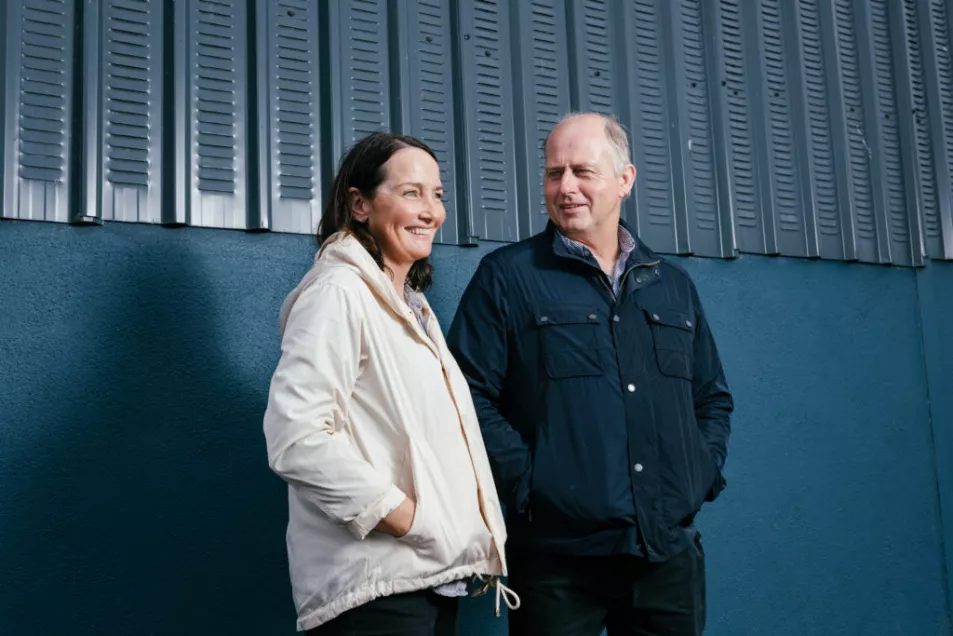
Biodiversity
The Connellys place a huge emphasis on enhancing farm biodiversity. “We’ve loads of wildlife on the farm,” said Austin, “We have pheasants, wild geese flying over, ducks in the stream and even the fisheries are spawning salmon.” Wildlife habitats are vital to ecology and can provide many benefits for dairy farms, ranging from improving soil quality to pollination and carbon storage.
The retention of existing habitats is vitally important across the country, as they typically deliver greater ecological benefits compared with newly created habitats. The Connellys have taken care to protect mature trees as well as plant young saplings to aid rewilding on their farm.
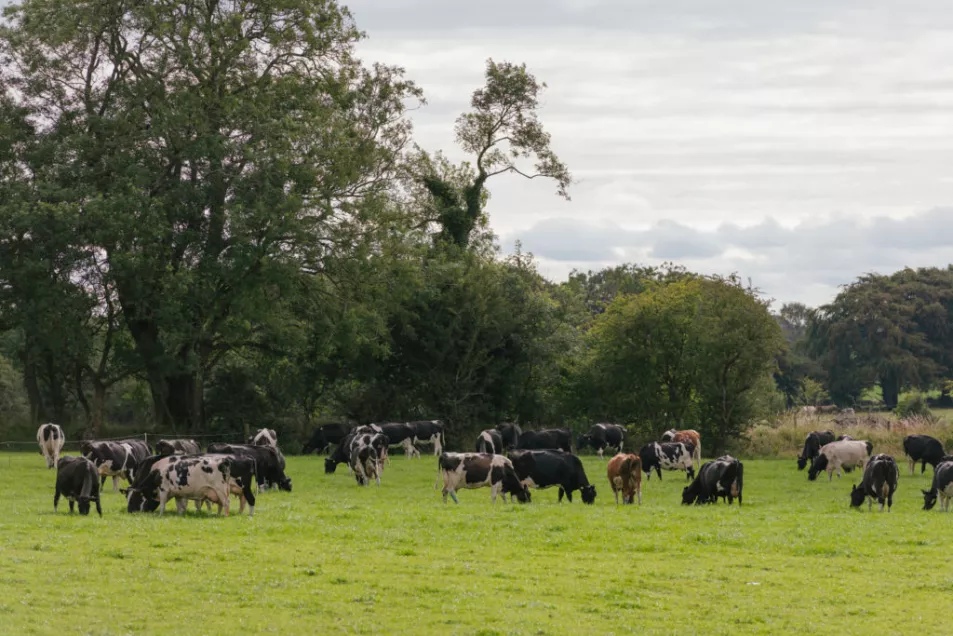
Sharing best-practice and knowledge
The Connellys credit local farmers, agri-advisory state agency Teagasc, and their dairy co-op Aurivo for aiding both a sustainable and profitable transition to dairy. “Community is crucial, our local farmers group have been a great help,” said Yvonne. “We need to keep talking and sharing best practice knowledge of how to keep improving sustainability on farms up and down the country.”
At a national level, initiatives like the Teagasc Signpost programme are working to share cutting-edge research and technology from academia to farmers across the country. Signpost originally began with 120 Signpost demonstration farmers (50 dairy farms) and has since expanded to offer bespoke advice to all dairy farmers. The programme aims to ultimately educate farmers on understanding the changes they need to make to reach climate targets.
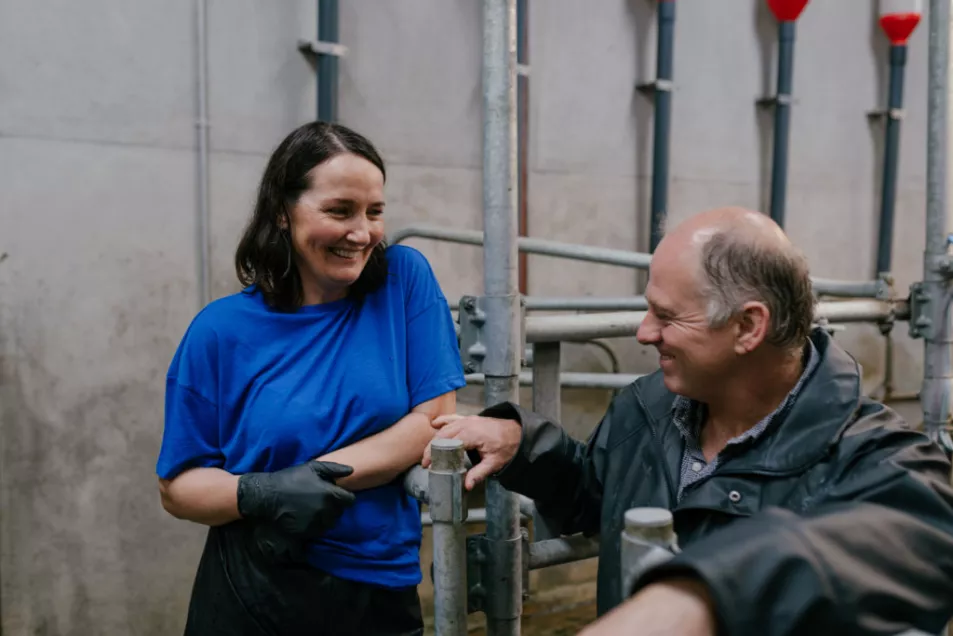
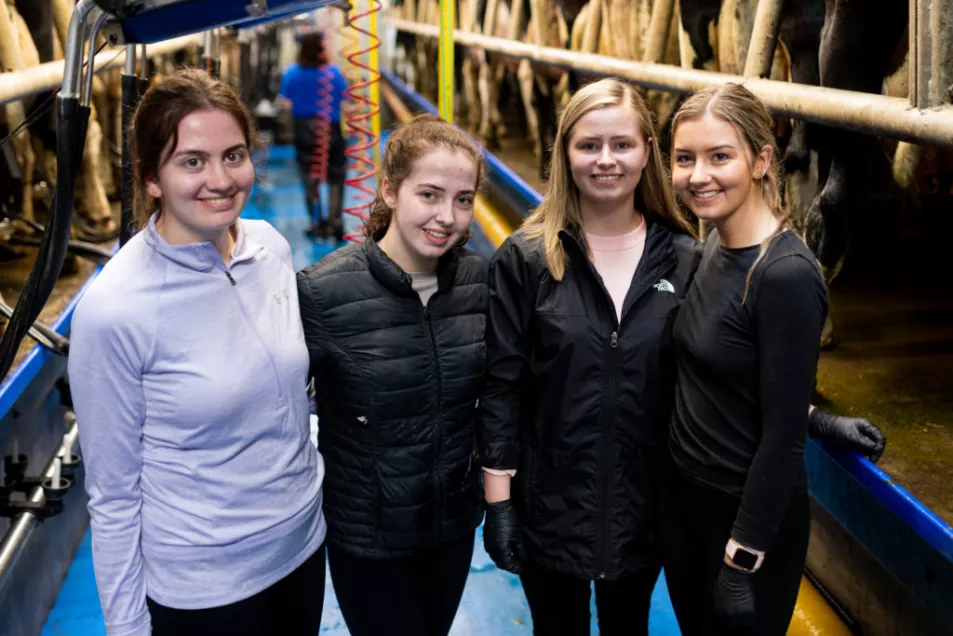
The road ahead
Climate action and environmental sustainability is a challenge that necessitates a whole of society approach. Dairy farmers can be encouraged by EMF research showing that a majority of consumers surveyed (67 per cent) believe that the dairy industry is committed to producing more sustainably and that it will have a greater role to play in the coming years as the EU strives to achieve net-zero greenhouse gas emissions.
“Environmental sustainability does not have a cut-off point or finish line. This journey is ongoing. There will always be more to learn and adapt as we strive to meet the challenges of climate action and continue to provide a source of sustainable, healthy and nutritious food for generations to come.”
“The evidence is there to show that dairy is rising to meet the challenge and is working hard to respond effectively to climate change while still producing dairy in a manner that is economically viable,” explains Zoe Kavanagh, spokesperson for the EMF and CEO of the National Dairy Council.
“Irish dairy remains committed to meeting these targets by putting sustainability at the heart of everything they do, with award-winning dairy farmers like the Connellys epitomising this commitment,” she added.
